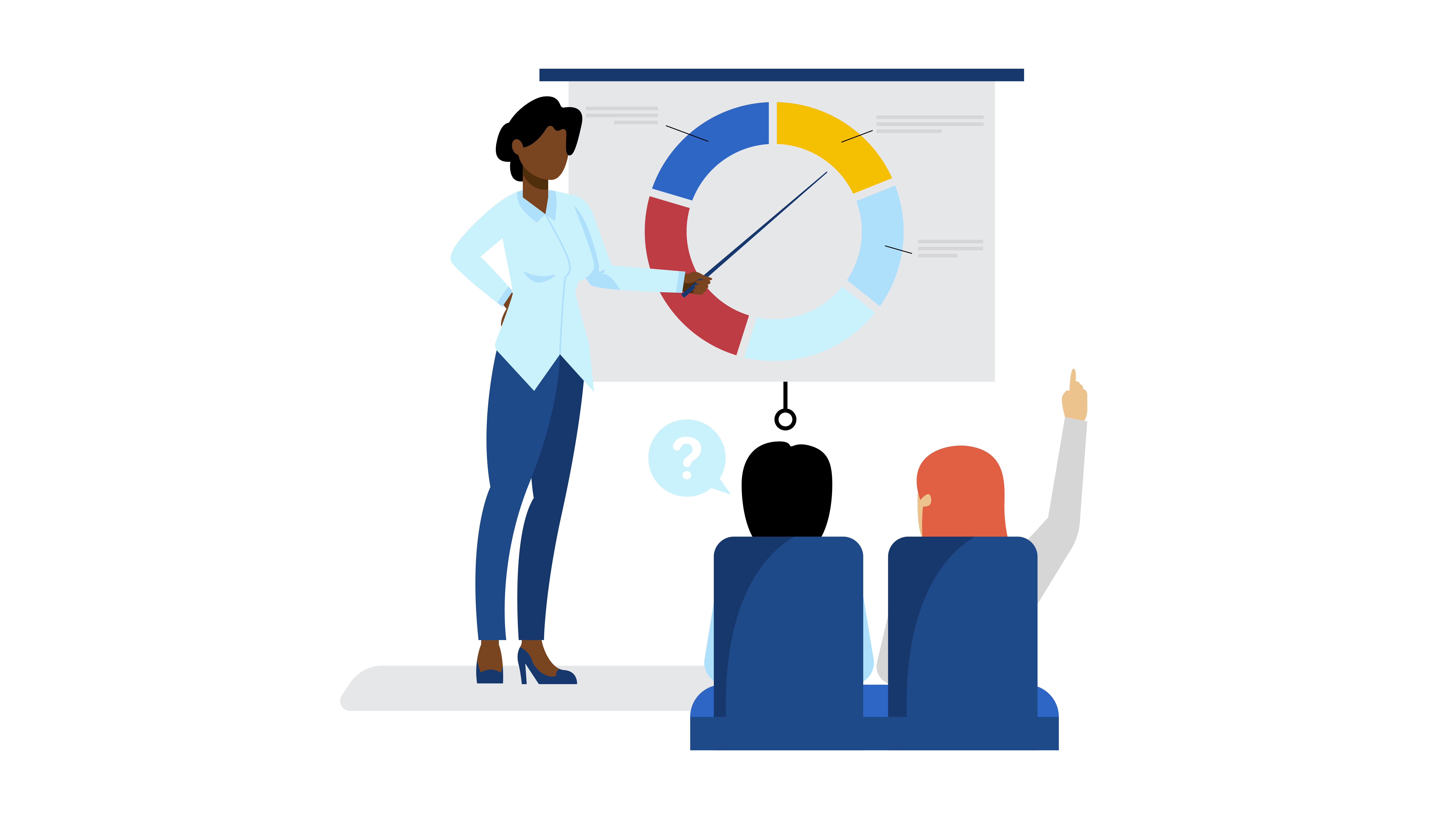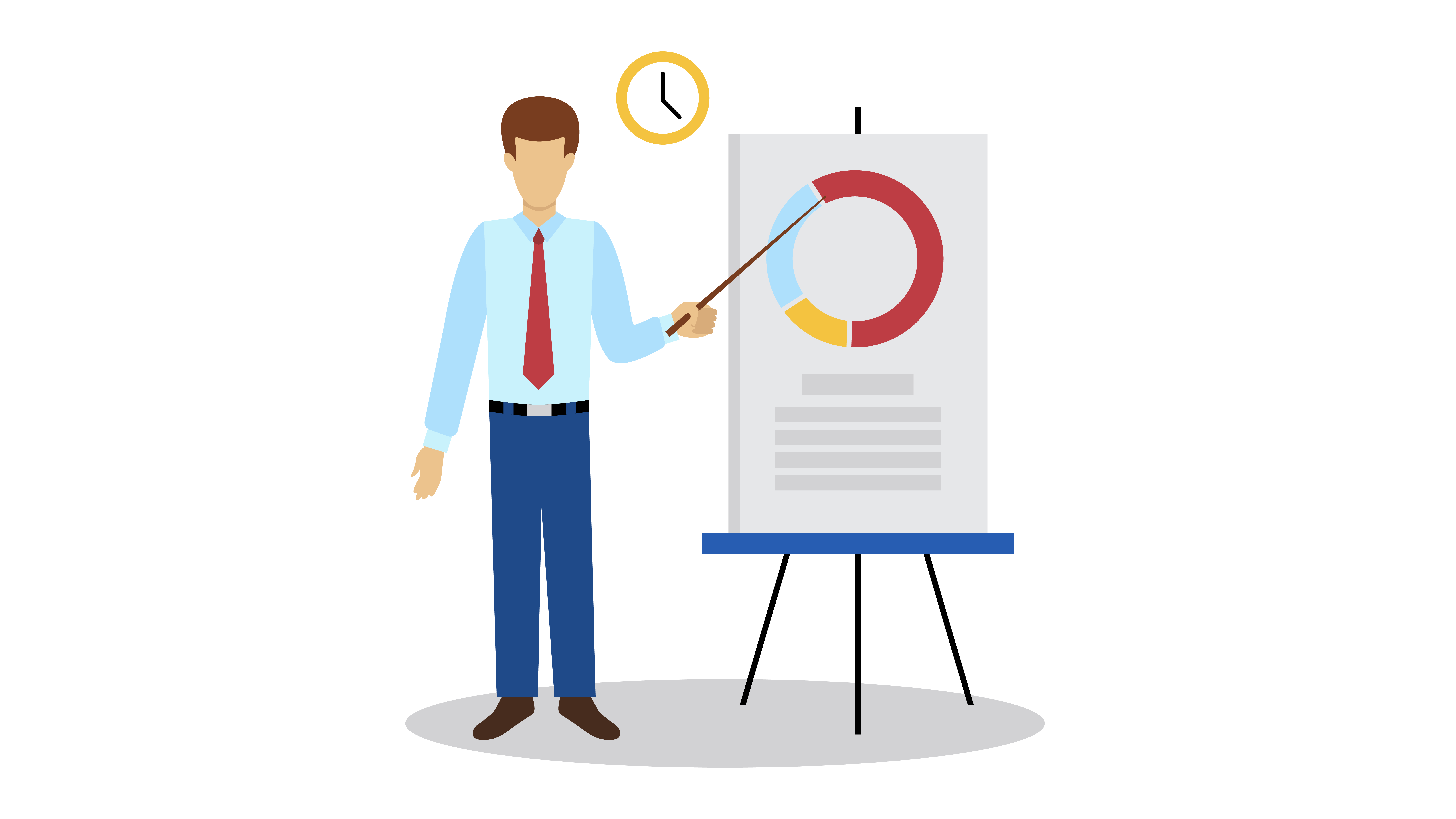Featured
Customer data platforms (CDPs) are an essential tool for companies that wish to collect the, organize, and store the customer's information in one central place. These software applications provide a more accurate and complete overview of the customer that can be utilized for targeted marketing and personalized customer experience. CDPs offer many features that include data management, data quality and formatting of data. This ensures that customers are compliant with regards to how data is stored, used and used. With the capability of pulling data from different APIs, a CDP can also help organizations put the customer at the heart of their marketing strategies and improve their operations and engage their customers. This article will explore the benefits of CDPs to businesses.
cdp's
Understanding CDPs. A Customer data platform (CDP) is software that allows businesses to organize, store, and manage customer information from one central area. This provides a clearer and more complete picture of your client and allows you to target marketing efforts and tailor customer experiences.
-
Data Governance: A CDP's ability to secure and control the data being integrated is among its primary characteristics. This can include profiling, division and cleansing on the incoming data. This will ensure that the business remains compliant with data regulations and guidelines.
-
Data Quality: It is important that CDPs ensure that data collected is high-quality. This involves ensuring that the data is correctly entered and that it meets the desired standards of quality. This will help reduce additional expenses associated with cleaning, transformation and storage.
-
Data formatting is a CDP is also available to make sure that data adheres to a specific format. This permits data types such as dates to be matched across customer records and guarantees consistent and logical data entry. marketing cdp
-
Data Segmentation Data Segmentation: A CDP can also allow for the segmentation of customer data in order to better understand various groups of customers. This allows for testing different groups against one another and to get the most appropriate sample and distribution.
-
Compliance CDP: A CDP permits organizations to manage the information of customers in a legal manner. It allows the creation of secure policies, classifying information according to the policies, and the detection of policy infractions when making decisions regarding marketing.
-
Platform Selection: There's an array of CDPs available, and it is important to be aware of your requirements before selecting the right one. It is important to consider options like privacy of data and the capability to pull data from various APIs. what are cdps
-
Putting the Customer at the Center: A CDP allows the integration of real-time, raw customer information, giving immediate access, accuracy and unified approach that every marketing department needs to streamline their operations and make their customers more engaged.
-
Chat, Billing and More Chat, Billing and more CDP allows you to identify the context that is needed for excellent conversations, no matter if you're looking at billable or previous chats.
-
CMOs and Big Data CMOs and Big Data: According to the CMO Council 61 percent of CMOs feel they're not using big data effectively. The 360-degree view of the customer offered by a CDP can be a wonderful method to solve this issue and improve customer service and marketing.
With so many various kinds of marketing innovation out there every one typically with its own three-letter acronym you may question where CDPs come from. Although CDPs are amongst today's most popular marketing tools, they're not a totally originality. Rather, they're the current step in the advancement of how online marketers handle consumer data and customer relationships (Cdp Meaning).

For a lot of online marketers, the single biggest value of a CDP is its capability to segment audiences. With the capabilities of a CDP, online marketers can see how a single client engages with their business's different brands, and determine opportunities for increased personalization and cross-selling. Obviously, there's much more to a CDP than segmentation.
Beyond audience segmentation, there are three huge reasons your business might want a CDP: suppression, customization, and insights. Among the most intriguing things marketers can do with data is identify consumers to not target. This is called suppression, and it's part of delivering genuinely personalized customer journeys (Customer Data Management Platform). When a client's combined profile in your CDP includes their marketing and purchase data, you can suppress advertisements to clients who've currently bought.

With a view of every consumer's marketing interactions connected to ecommerce data, website check outs, and more, everyone throughout marketing, sales, service, and all your other groups has the opportunity to comprehend more about each consumer and deliver more individualized, appropriate engagement. CDPs can help marketers address the origin of many of their most significant day-to-day marketing problems (Customer Data Platfrom).
When your data is disconnected, it's harder to comprehend your consumers and create significant connections with them. As the number of data sources used by online marketers continues to increase, it's more crucial than ever to have a CDP as a single source of truth to bring everything together.
An engagement CDP utilizes consumer information to power real-time customization and engagement for customers on digital platforms, such as sites and mobile apps. Insights CDPs and engagement CDPs comprise most of the CDP market today. Extremely couple of CDPs include both of these functions equally. To pick a CDP, your business's stakeholders ought to consider whether an insights CDP or an engagement CDP would be best for your requirements, and research the few CDP choices that consist of both. Cdp Define.
Redpoint GlobalLatest Posts
The Importance of Data Governance in a CDP
Maximizing the Potential of Big Data with a CDP
The Benefits of Pulling Data from Other APIs with a CDP